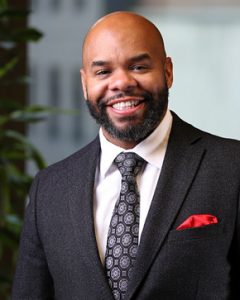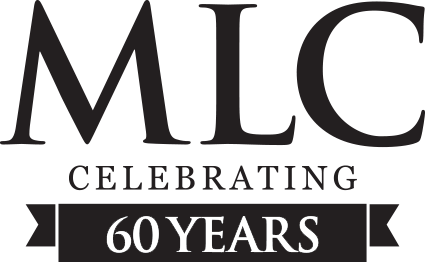After twenty years in the government and political world, I’ve learned that success isn’t built solely on policies, strategies, or speeches. It’s built on people. Relationships are the true foundation of achievement in public service. The longer I’ve worked in this industry, the more I’ve realized that everything meaningful that we accomplish stems from how we connect, communicate, and collaborate with others.
Strong relationships don’t happen by accident but are built over time through consistency, honesty, and respect. In a field where change is constant and the stakes are high, people remember how you treat them far longer than they remember a single decision or vote. Whether working with community members, colleagues, or elected officials, I’ve learned that genuine relationships are grounded in integrity and mutual trust.
Honesty, above all else, keeps those relationships strong. Delivering good news is easy; anyone can do that. Telling the truth when the news isn’t good or when a project stalls, a budget gets cut, or a plan needs to change defines your character. People might not always like what you have to say, but they will respect your transparency. Over time, that respect builds credibility, and credibility becomes influence. In politics and government, where trust is currency, honesty is the account you keep replenishing.
Just as important is keeping your word. Promises are powerful in this industry, and every commitment, big or small, reflects your reliability. When you do what you say you’ll do, you show people that they can count on you. And when challenges arise that prevent you from following through, communicating that openly matters just as much. Trust doesn’t come from perfection; it comes from accountability.
In addition to relationships, strategy is key. It’s not just about reacting well but anticipating what’s next. The best leaders I’ve worked with always seemed to see the full chessboard while others were focused on a single move. They understood how today’s decision would shape tomorrow’s opportunity. Being proactive, thinking through consequences, and planning for multiple outcomes are what separate good leaders from great ones. It’s not about having all the answers. It’s about being prepared for the questions that will come.
Lastly, after two decades, I’ve learned to never lose sight of the vision. The day-to-day grind of government work can be demanding, and it’s easy to get lost in the details. But a clear, compelling vision reminds you why you started in the first place. Vision gives purpose to the paperwork, meaning to the meetings, and hope to the hard days. It’s what keeps you grounded when challenges arise and what drives you to keep improving your community and serving others.
Twenty years in this field have taught me many lessons, but they all circle back to one truth: success is built on relationships, strengthened by honesty, guided by trust, sharpened by strategy, and sustained by vision. Everything else follows from there.








